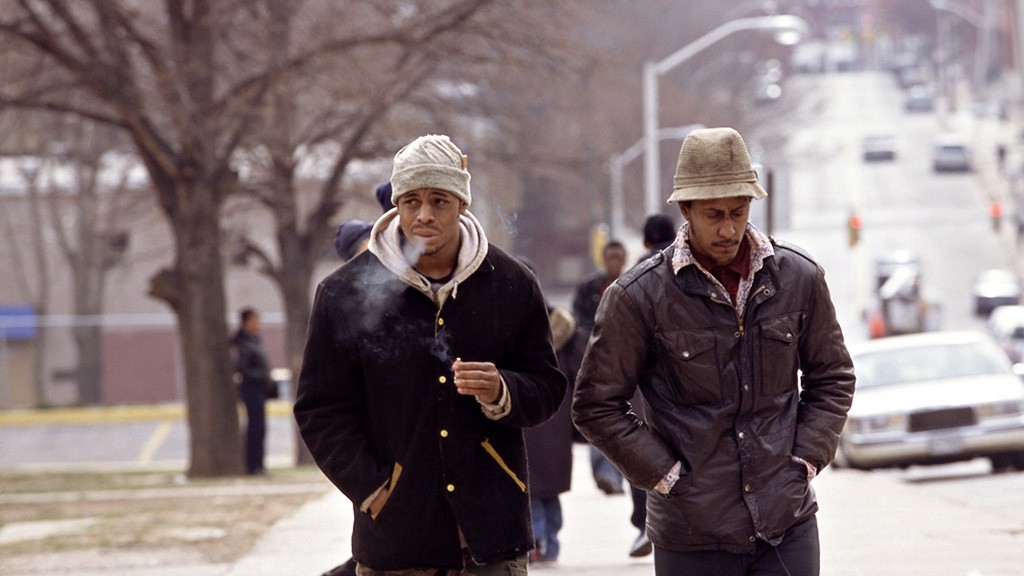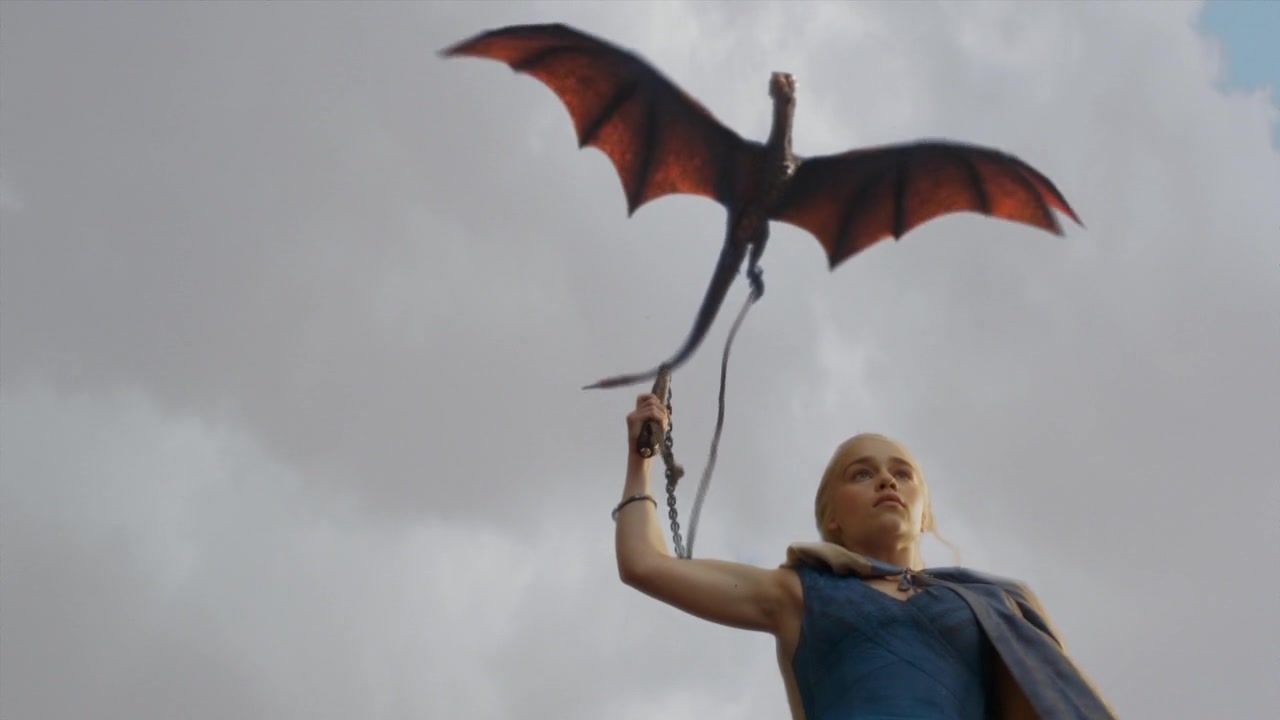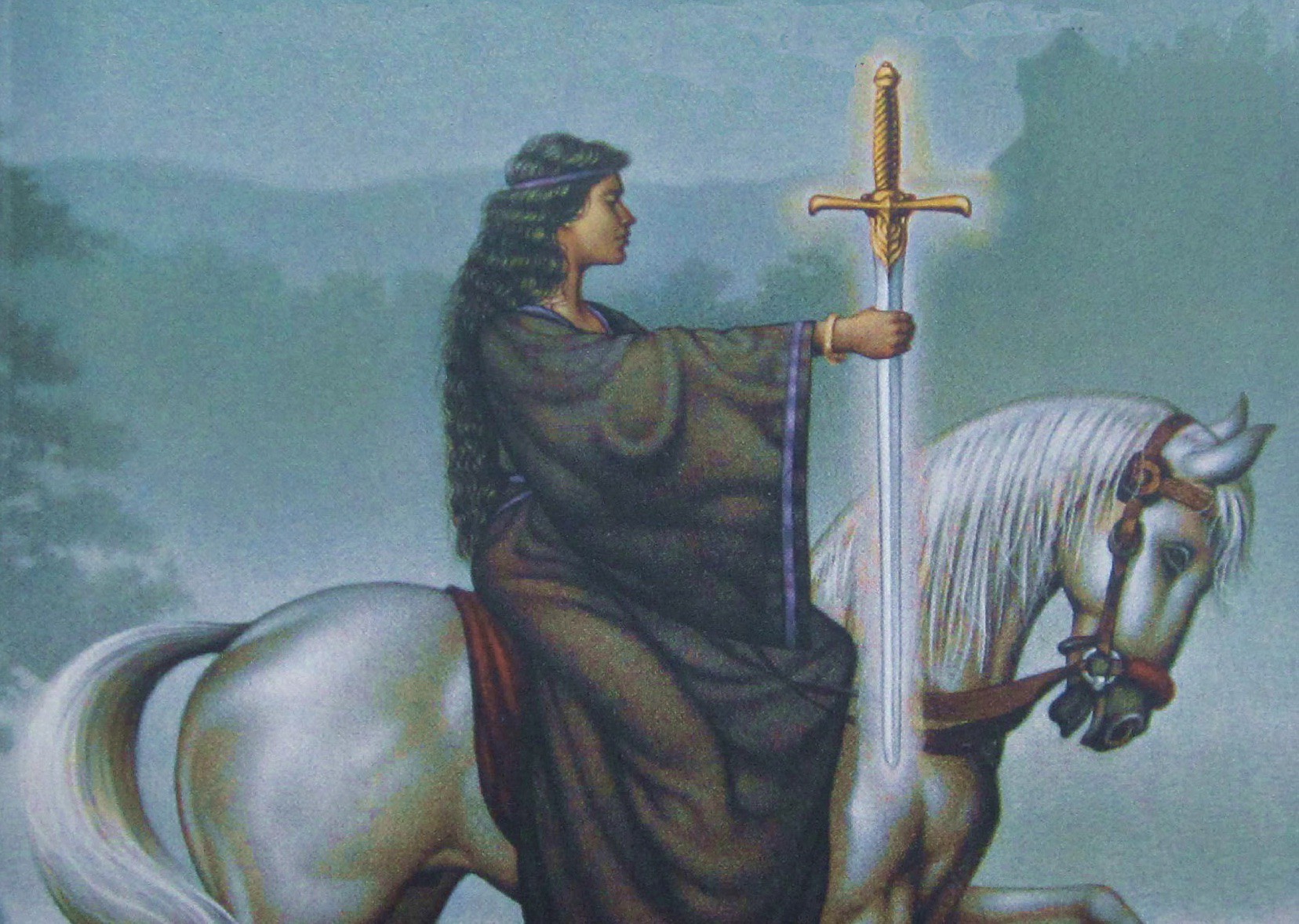news
Fairy Tales Might Be Thousands of Years Older Than You Think

A new study shows that famous fairy tales like Beauty and The Beast and Rumpeltiltskin might be thousands of years older previously assumed. Dr. Jaime Tehrani from Durham University worked with folklorist Sara Graça da Silva from The New University of Lisbon to study 275 Indo-European fairy tales, using a technique commonly employed by biologists called phylogenetic analysis. By looking at common links between tales, the researchers found that some of them originate from before even English, French, and Italian existed. Dr Tehrani remarked: “We find it pretty remarkable these stories have survived without being written.”
This is not the first time the idea of fairy tales dating far back has been brought up. Wilhelm Grimm, of the Brothers Grimm, believed many of the stories he popularized had originated with the birth of the Indo-European languages. Later scholars disagreed with him, saying certain stories were younger and only became part of the oral tradition after being written down in the 16th and 17th centuries. Da Silva confirmed Grimm’s assumptions, saying:
We can come firmly down on the side of Wilhelm Grimm. Some of these stories go back much further than the earliest literary record and indeed further back than Classical mythology — some versions of these stories appear in Latin and Greek texts — but our findings suggest they are much older than that.
Beauty and The Beast and Rumpelstiltskin can be traced back 4000 years. Jack and the Beanstalk was traced back to the split of the eastern and western Indo-European languages, over 5000 years ago. A lesser known tale called The Smith and the Devil is estimated to have originated in the bronze age, 6000 years back. All though the name of the fairytale is unfamiliar, it shows a blacksmith selling his soul to the devil for supernatural powers, a trope familiar from Goethe’s Faust. Da Silva believes the stories endure thanks to the power of storytelling, and the timeless and universal nature of fairytales, with themes of morality, right and wrong and good versus evil. She continued to say: “Ultimately, despite being often disregarded as fictitious, and even as a lesser form of narrative, folk tales are excellent case studies for cross-cultural comparisons and studies on human behavior.”









